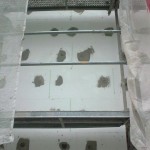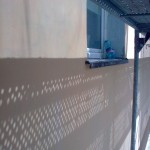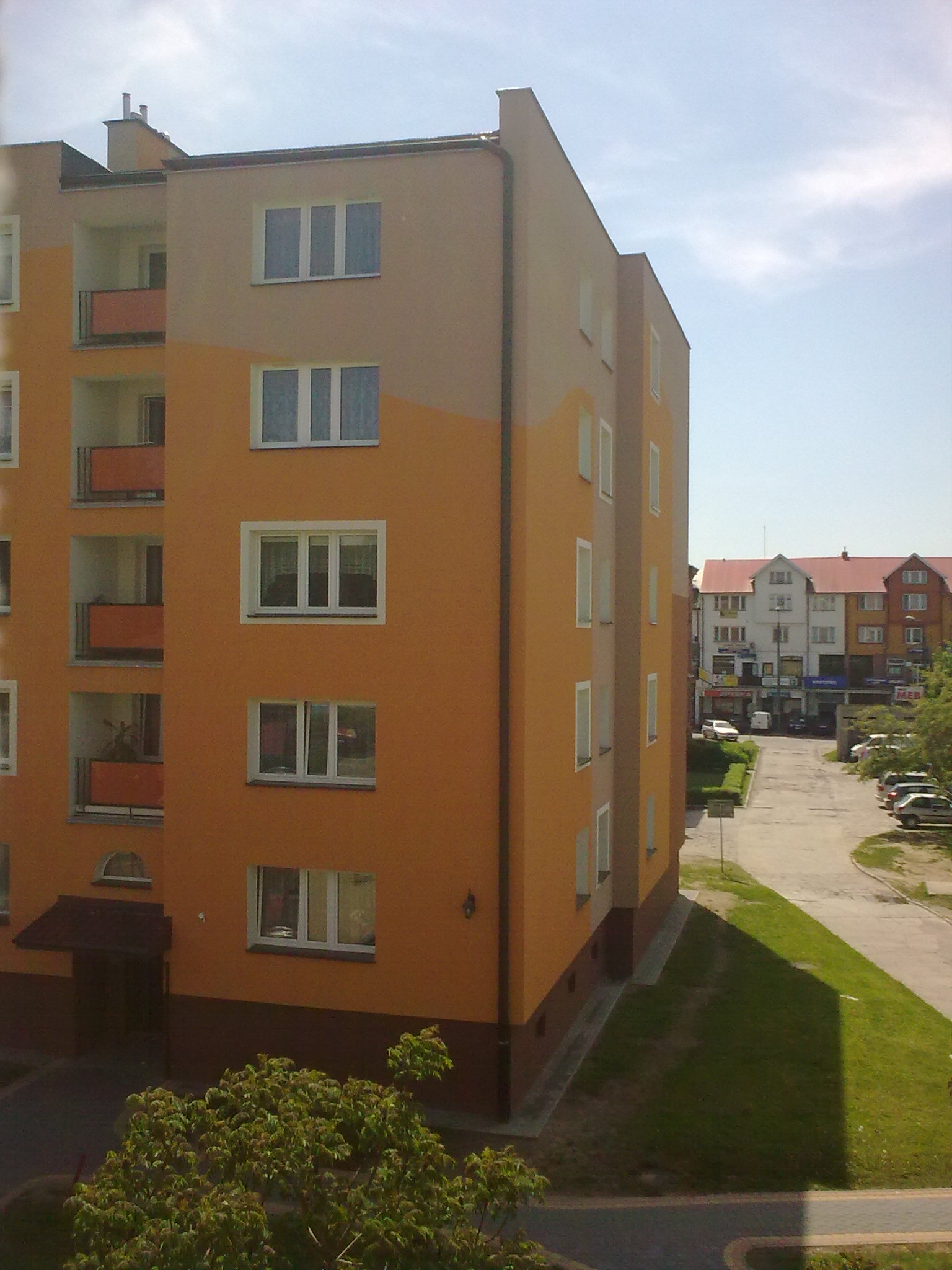External Wall Insulation: Optimum Temperature All Year Long
Providing insulation (any kind: solid wall insulation, thermal wall insulation) for any type of structure, be it a 30-storey building or a simple house, is beneficial in many ways. For one, it helps maintain the appropriate temperature in the conditioned space: making it more comfortable for its occupants. For another, it helps in reducing the costs of heating or cooling, thus making it a cost-effective means of air conditioning.
What exactly is External Wall Insulation?
External Wall Insulation is exactly as its name suggests: the material or process of installing such material on the walls outside a given structure. In home improvement, this kind of insulation is more favorable and convenient, because it is non-destructive, preserves the condition of the walls, and does not decrease the total area of the inside space.
Houses or buildings without any proper form of insulation tend to utilize more energy in maintaining the temperature within its confined space. Heating the interior of the house during winter season (or, conversely, cooling the house during summer) would consume a lot of energy, but this can be reduced with proper insulation of the walls.
Heat can be transferred in three main methods, which are conduction, convection, and radiation. In conduction, heat is transferred from one point to another by means of a solid medium that is in contact with both points. Convection, on the other hand, is the method of transferring heat through a fluid (either gas or liquid) medium. Radiation is the transfer of heat through waves, which means that no contact between the source of heat and the receiver of heat is necessary.
That being said, the purpose of insulation becomes more prominent because of what it can do to prevent heat transfer from occurring. You can imagine External Wall Insulation (any type: thermal wall insulation or solid wall insulation) as an additional barrier for your home. While typical walls might prove to be a good barrier against warm or cold air flowing from the outside, they might not be enough to keep your interior’s desired temperature.
When you want to have your space heated while the outside temperature is very low, then you would want to prevent the heat from the inside of your house to “travel” to its external surroundings. With the properties of the insulating material, the heat transfer can be easily avoided.
As opposed to typical wall materials (e.g., concrete, bricks, etc.), the material used in External Wall Insulation has a higher R-value, which means that its thermal resistance is higher than that of common wall materials. Thermal resistance is the property of a material to resist the flow of heat; hence, with a higher R-value, the material has a higher capability to prevent heat transfer.
QBuilders: How We Do External Installation
QBuilders conducts External Wall Insulation with utmost regard to safety, quality, and efficiency (both in cost and performance). With the professional services that Quality Builders provides, any structure can be properly insulated with the finest materials – with the help of the best staff to do the job.
The two most common materials used in this type of insulation are Expanded Polystyrene (EPS) and Extruded Polystyrene (XPS). The latter, XPS, is the material used by QBuilders in its various installation projects. XPS, in general, has a higher R-value than the other material mentioned above, and its internal structure tends to be stronger as well.
QBuilders utilizes XPS panels that comply with the standards for this type of material (ETAG 004: 2000). Lightweight and durable, this material provides the required amount of external insulation, improves the overall condition of the walls by preventing the buildup of microorganisms and decreasing moisture retention, and creates an aesthetically pleasing exterior for the structure.
Each XPS panel is arranged accordingly to cover the outside walls of your home or building, with regard to the significant thermodynamic and heat transfer properties involved in the process.
Dedicated to bring quality services and the most efficient results, Quality Builders conducts an installation method based on a thorough and technical study of the whole system. The system is highly efficient that it will reduce the operating costs of your heating and/or cooling systems while reducing your energy consumption.
Aside from the insulation properties of the material and the appropriate installation method, Quality Builders also prioritizes the overall appearance of their external insulation. While protecting your walls from exposure to extreme weather conditions that can weaken and damage the structure itself, the external wall insulation should make your home or building visually captivating. QBuilders ensures that the structure looks great on the outside, and feels even better on the inside – especially that the installed external wall insulation is of exceptional quality.
QBuilders guarantees results that can only be achieved with the expertise that the company has gained through comprehensive research and evaluation. We provide excellent services for all your external wall insulation needs – giving you the most comfortable interior any time of the year.


